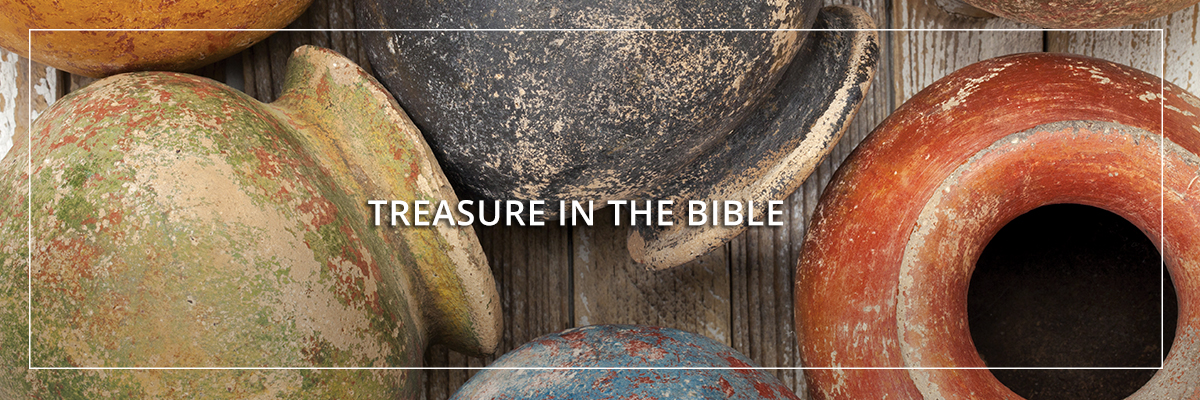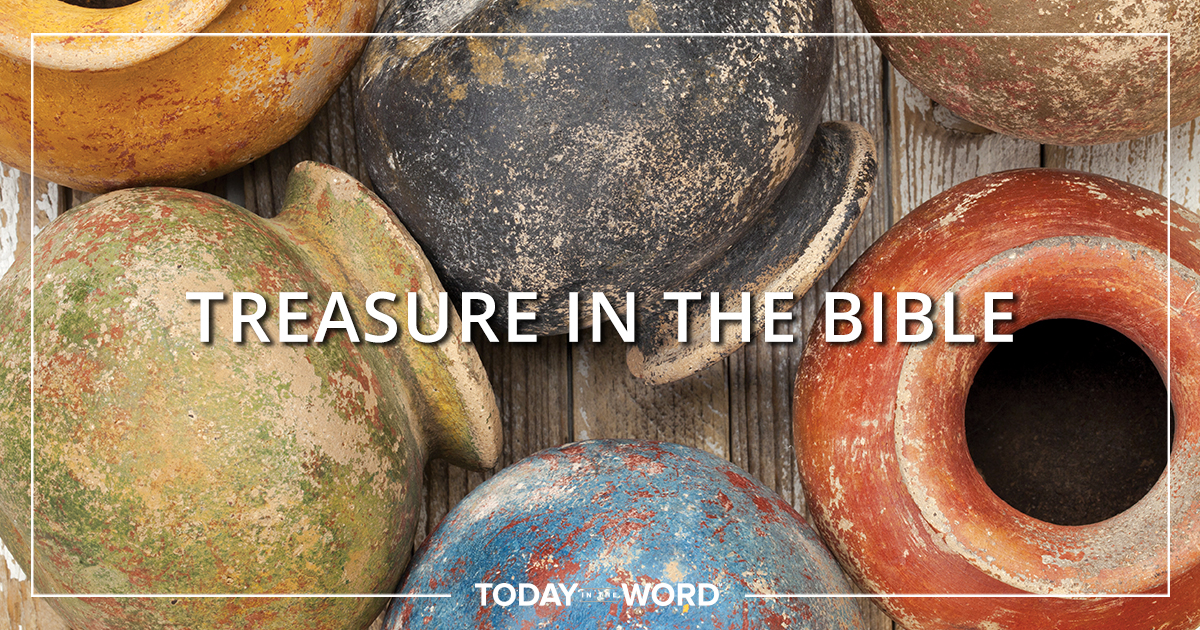

Do Not Treasure Worthless Idols
- June 14, 2019 | Isaiah 44:9–23
The prophet Isaiah was clearly familiar with Ancient Near Eastern practices related to idol-making. As described in the Cultural Backgrounds Study Bible, a handcrafted idol could become regarded as divine through a special ritual known as "mouth washing," which "required the priest to whisper into the ear of the statue and to open its eyes to see and its mouth to breathe . . . Then the priest swore an oath that he did not make the statue."
The pagan priest knew the idol had been made by human hands, but the lie was an essential part of the ceremony. It was this willful self-deception that Isaiah mocked in today's reading. To treasure and worship any type of idol is futile and delusional.
How can an object made by human hands be worthy of worship (vv. 9-20)? The idea makes no sense. Humans are mortal. We get hungry. We make mistakes. How can something we make be both ordinary and divine? Some of the wood is used for the cooking fire, the rest goes toward making the idol. Worshiping such a thing is blind and foolish. "Such a person feeds on ashes"(v. 20). Israel was warned against this practice (vv. 21-23; Deut. 27:15). Idolatry dishonors the Lord and is not fitting for those whom God has loved, chosen, forgiven, and redeemed. We're to display God's glory, not human folly.
We live in a world where spiritual beliefs are considered private and not to be questioned. Many people think that we can take any path to God we choose, and that we all treasure different-equally important-things. Isaiah spoke out against such thinking: "All who make idols are nothing and the things they treasure are worthless. Those who would speak up for them are blind; they are ignorant, to their own shame" (Isa. 44:9).
Pray with Us
The end of Moody’s fiscal year is a busy time for Ken Heulitt, chief financial officer, as he and his teams witness God’s material provision for His work through friends like you. Thank God today for the generosity of His people.






